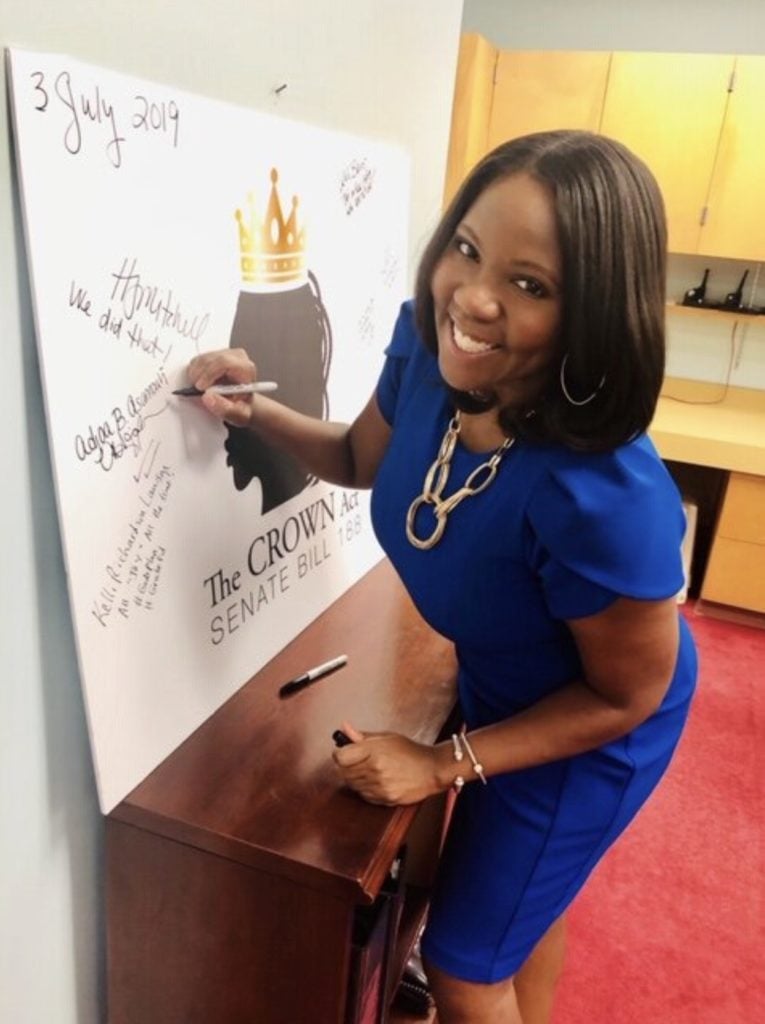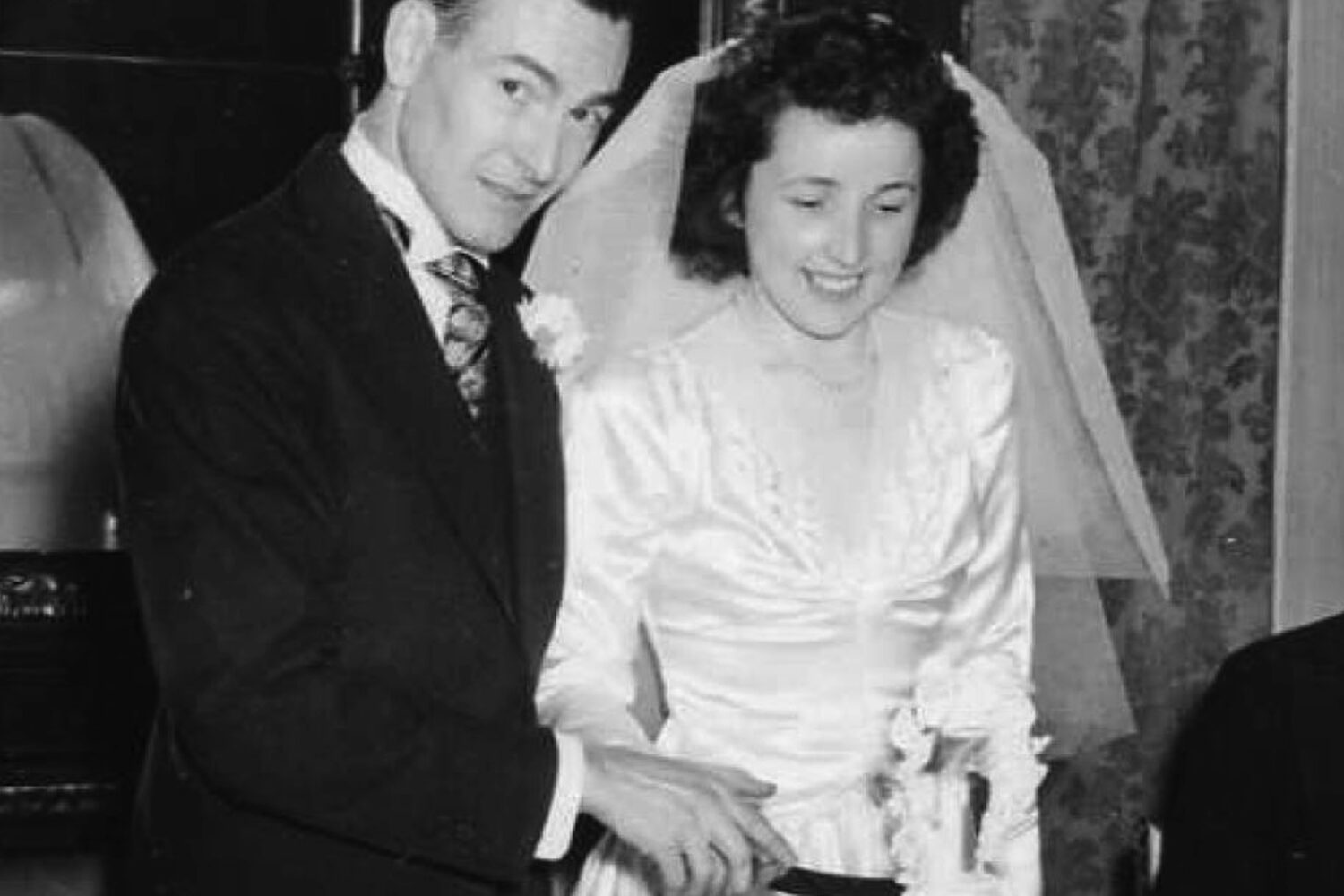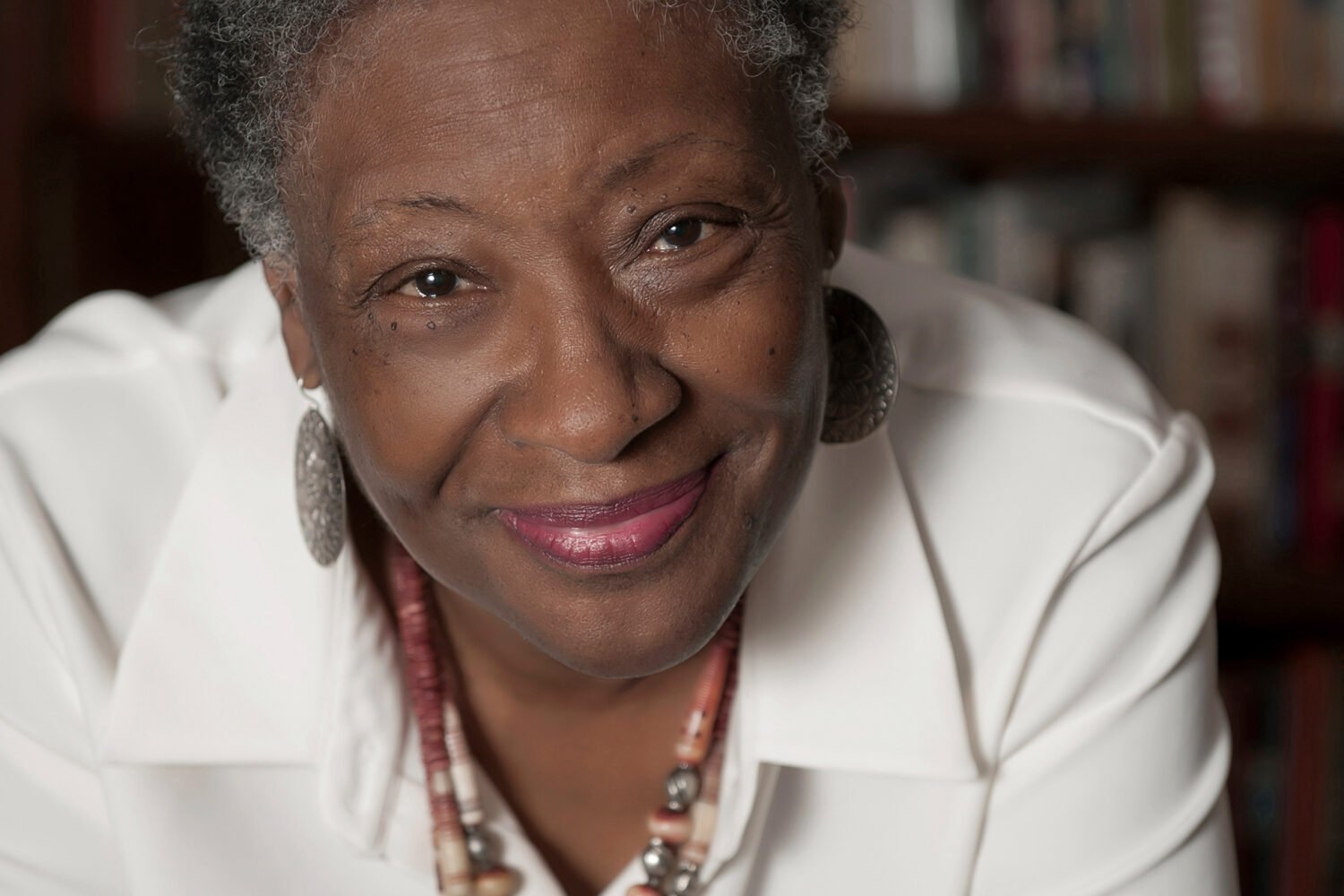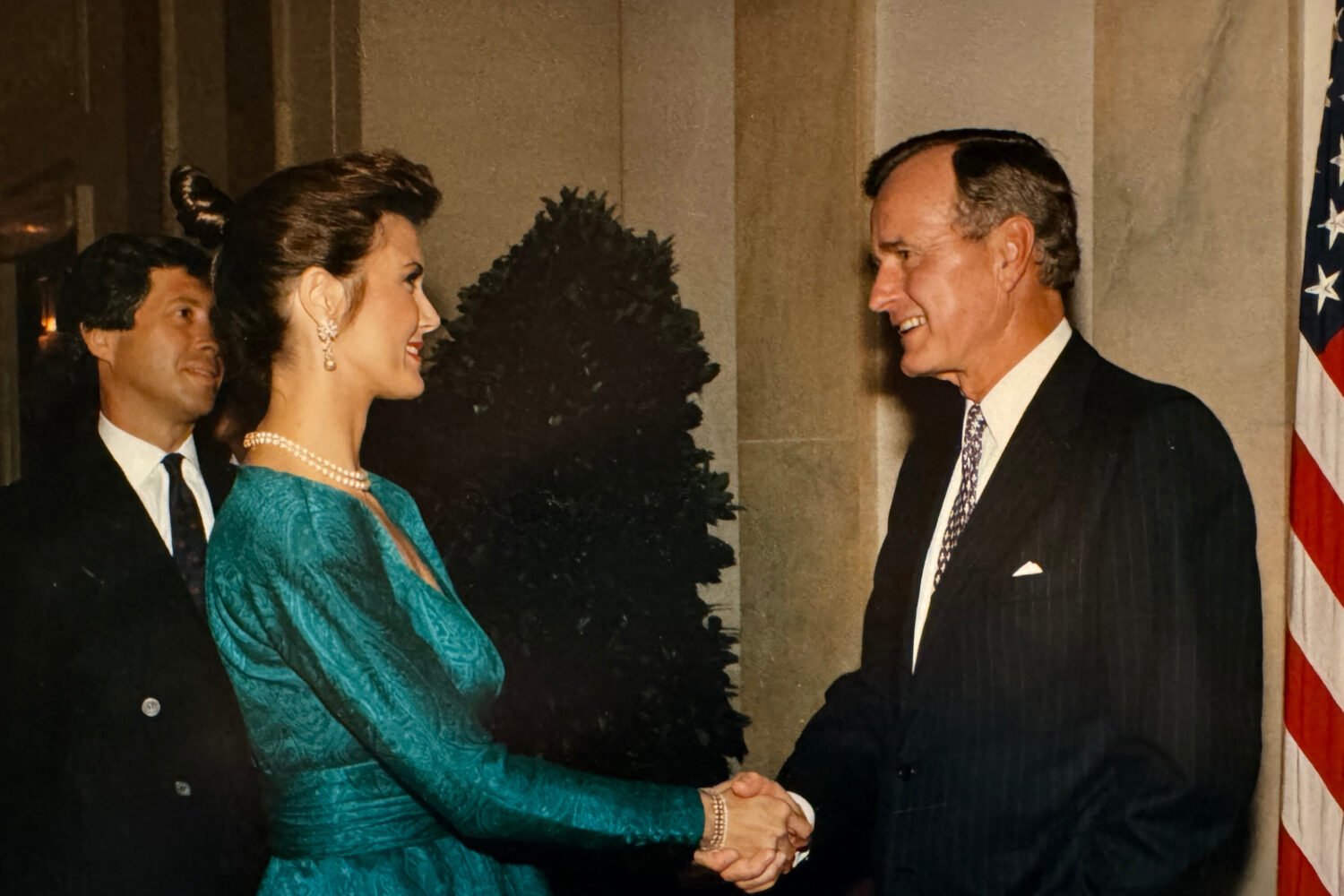
Adjoa B. Asamoah had no choice but to be an activist. Her father, an Africana-studies and political-science professor, grew up under British colonialism in the Gold Coast (now Ghana), and her community-organizer mother was raised in the Jim Crow South. The tactics Asamoah learned attending racial-justice rallies with them came in handy when she led a campaign to end the term “headmaster” at her school and, in college, organized a protest against a Temple University development plan that would have displaced the local Black community. She later advised Mayor Muriel Bowser, the Biden-Harris campaign, and HUD Secretary Marcia Fudge. Now a legislative strategist, Asamoah is gearing up to reintroduce the CROWN Act in Congress. Though 23 states have adopted the anti-hair-discrimination law, the Senate blocked federal legislation last winter. When she reflects on moments that got her here, a childhood trip to her father’s birth country surfaces:
“I went to Ghana for the first time when I was nine. We went to what’s called the ‘Door of No Return’ [at Elmina Castle, once a slave-trade outpost] and I was asking questions, as I would often do. I was trying to get my head around the dehumanization of African people that my father was telling me about.
“We walked through what some people would call castles, which I would argue are more dungeon-like, where people would basically be stacked on top of each other and packed in without the ability to turn freely. They would be enslaved, tortured, raped, and so many other things. I asked questions with my little nine-year-old spatial-reasoning skills, like ‘What do you mean there were this many people in this space? It’s not very big.’
“My father just gave it to me straight, even as a kid, and it was very difficult to comprehend that this happened to my people. It was an experience that is really indescribable. You have to go there and experience it for yourself to truly understand it, but it was life-altering, even as a nine-year-old.
“I didn’t have the sophisticated language to know what my life would look like in terms of my work, but I did decide, right there on the continent of Africa, that I would spend my life working to improve the quality of life for [people of African descent], which would go on to take many different forms. I didn’t like what I was told, and I wanted to ensure that Black people were in a better position. That’s where my commitment to activism started.”
This article appears in the November 2023 issue of Washingtonian.

















